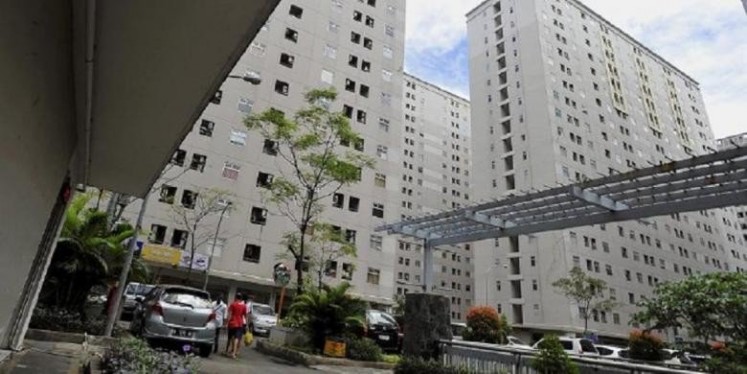Waste management needs to start in the home
Well-planned waste management will lead to a better environment and deliver economic gains to residents and the whole city, say prominent waste management activists
Change Size

W
ell-planned waste management will lead to a better environment and deliver economic gains to residents and the whole city, say prominent waste management activists.
American zero-waste activist Paul Connett says quality waste management requires the willing participation of people.
Connett said people’s participation in waste management could start right in their houses and such participation could help local administrations deal with garbage problems.
People can participate by separating household garbage into organic, recyclable and unrecyclable categories.
“Waste is not a technological problem. Waste is a social problem. We need better organization, education and industrial design,” Connett said at a discussion in Bandung recently.
Garbage separation in the home, he said, could help people get new resources: recycle it, compost it or repair it. “If we can’t reuse it, the industry shouldn’t be making it. Better industrial design for the future [is needed],” he said.
By separating organic garbage, people decrease their personal burden and the burden on the city administration to transport the garbage. They can also develop a compost business to help local farmers get organic fertilizer.
Separating recyclable garbage, similarly, can create new economic opportunities. Providing an example, Connett pointed to Urban Ore, a company in California. Urban Ore has been surviving for 30 years with annual revenues of up to US$3 million from trading in recycled goods.
“This makes a circular economy. Better economy, better jobs,” he said, adding that sustainable garbage management had been successfully implemented in various countries including the US, Sweden, Ireland, Italy and Belgium, using different approaches.
“In Italy, every household has a bag for residual materials with a microchip in it. When you put it out, you pay. The less you put it out the less you pay. In Ireland, the government puts a 15 cent tax on plastic shopping bags, reducing use by 92 percent a year. California last year banned single use plastic bags,” Connett said.
Such garbage management, according to Connett, also had to involve a residual separation facility.
Other steps, he added, included establishing a zero-waste research center to study non-recyclable materials. This is where universities could take part, where community responsibility meets the industrial community.
Meanwhile, Mother Earth Foundation director Froilan Grate of the Philippines said garbage management in the home had been implemented in almost 250 subdistricts in the Philippines.
In the aftermath of a dumpsite avalanche that killed hundreds of people some 17 years ago, the Philippine government issued the Law on Garbage Management. A similar process took place in Indonesia following the Leuwigajah dumpsite avalanche in Cimahi, West Java, in 2005.
The difference, according to Froilan, is that the Philippines obliges every subdistrict to implement a separated garbage collection system and material recovery facility. The city administration is responsible for transporting residual material, the garbage that could not be composted or recycled. The people are also banned from burning garbage.









